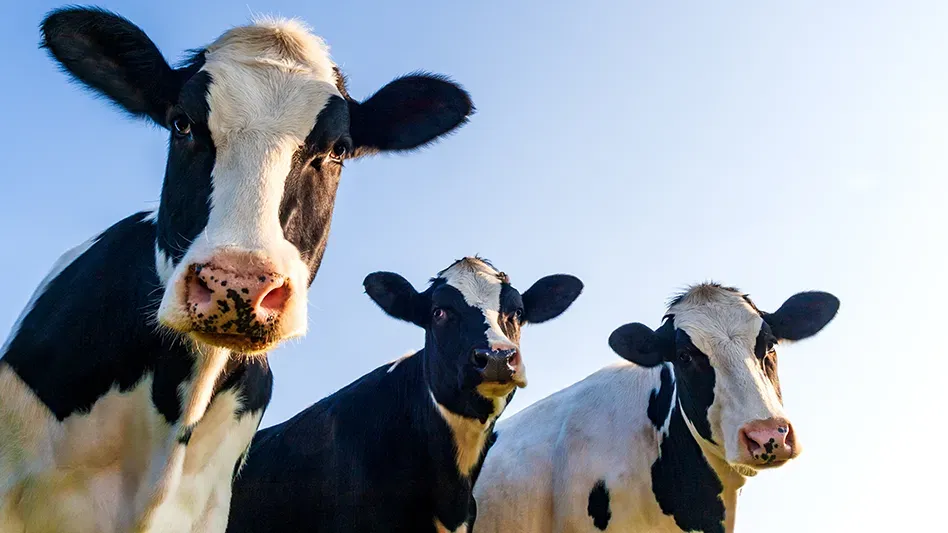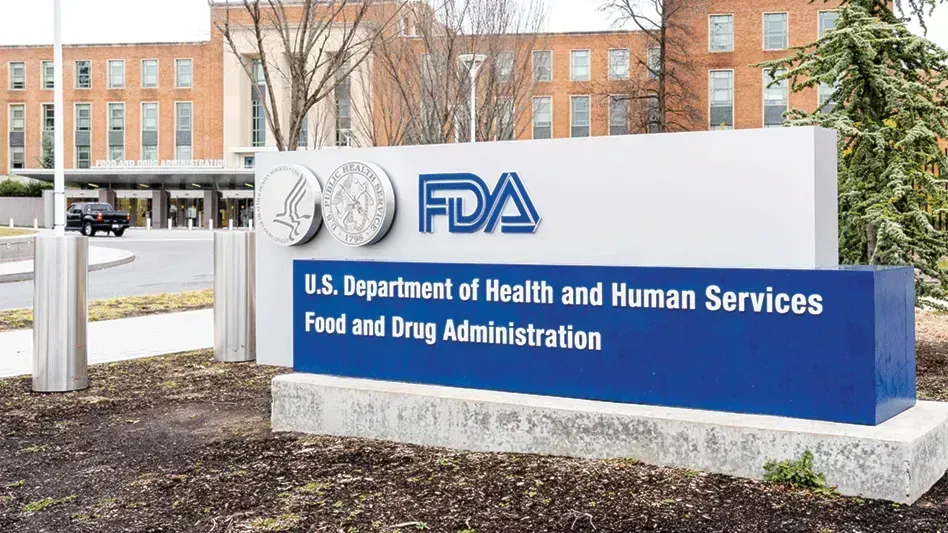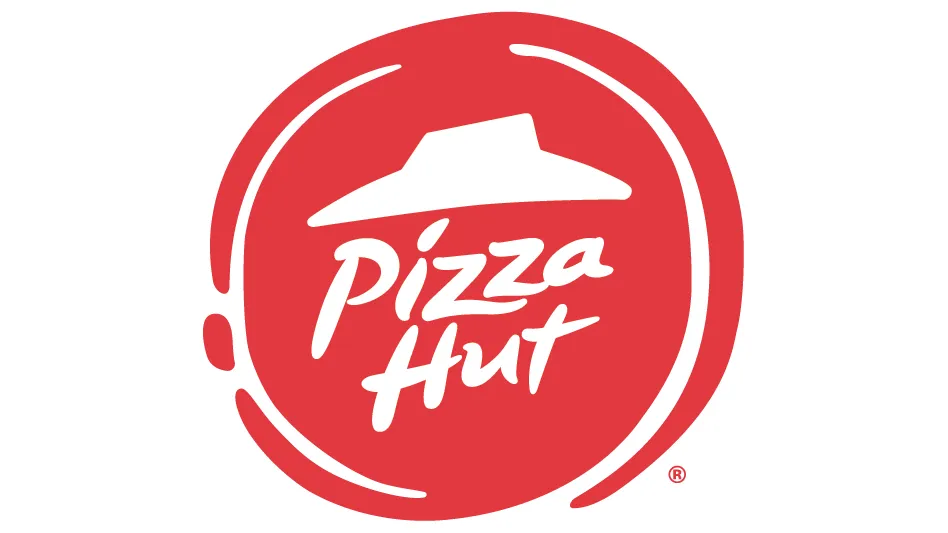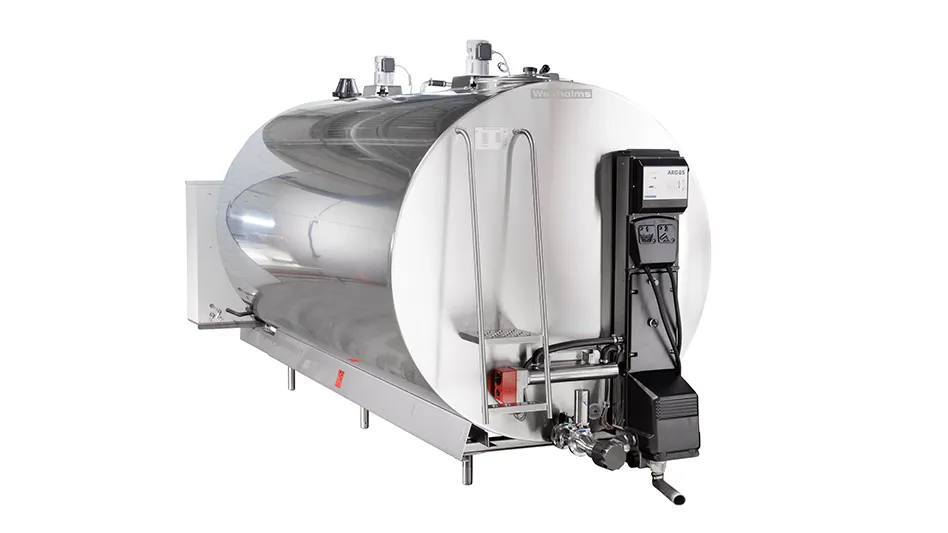
When consumers choose to purchase a particular brand, they are putting their trust in the manufacturer. They are trusting that you will provide the features and benefits promoted, labeled, and expected. At Abbott, we understand this and take that trust very seriously. We know that the millions of people around the world who choose our nutrition brands do so to help them live their healthiest lives. So, no matter where a product is made, it’s crucial that every product is made according to high quality and food safety standards.
This is a complex task, but with focus on processes, systems, and culture, we’re able to achieve the same high food safety levels at 14 nutrition manufacturing and supporting facilities that produce 50 brands and serve more than 100 countries. We also monitor and address constantly changing global markets and evolving consumer needs and preferences.
With a history rooted in health care, this highly regulated environment is nothing new for Abbott. We have a robust foundation to draw on to create high-quality, science-based nutrition products, and we maintain this high level of food safety by focusing on three key areas that truly help us operate and succeed in a global environment:
1. STANDARDIZED PROCESS. From Sturgis, Mich., to Jhagadia, India, Abbott’s nutrition manufacturing facilities adhere to stringent internal quality guidelines. To execute consistent standards across our global sites, we operate through an approach that is both centralized and regionalized. Our centralized standards are consistently applied and cascaded through the organization, but are tuned to be region specific, so that we’re nimble and efficient.
At the heart of our culture of food safety, our manufacturing facilities practice a program called Protect Our Product (PoP). The goal of PoP is to protect our customers, our brands, and our culture of food safety through risk management. As a part of the PoP program, we evaluate our plants against key food safety criteria, allowing for early issue identification and mitigation of risk. The purpose is to put food safety first so that consumers consistently receive high-quality products that they can trust.
2. SYSTEMS TO ENCOURAGE COLLABORATION. In a large, complex organization, it’s likely that facilities are facing similar struggles. Our global supply chain is successful because we encourage our manufacturing facilities to share and replicate best practices. For example, we considered several ideas from other plants while improving the sight-line clearance at one facility. Based on the success in other facilities, we started using flashing lights or attention activators to identify blind spots. Replicating learnings from other sites not only helps us fix issues faster and better, it allows us to identify and mitigate potential risks.
By sharing best practices across our global network, we’re encouraging transparent collaboration and learning across our facilities so everyone can benefit. Because of this approach, employees feel comfortable sharing successes and talking about what went wrong with the intent to ensure it doesn’t happen again elsewhere in the network.
3. CULTURE OF CONTINUOUS IMPROVEMENT. Another way we maintain consistent food safety across our global sites is through a program called Enterprise Excellence. This program helps establish a problem-solving culture across the supply chain so employees around the world are empowered to implement solutions. It also helps develop standards and process controls that sites need to instill consistent, predictable results. For example, our problem-solving culture helps us understand the root cause of any event happening in our plants. When we know root cause, we can implement adequate measures to prevent recurrence. Enterprise Excellence also is aligned with our employee initiative called The Pledge, which is a set of behavior-guiding principles that inform our daily work. Across the global supply chain, Pledge behaviors — leadership skills, being accountable for work, and driving improvement — are the foundation from which decisions are made and actions are taken.
This type of culture, where everyone — even those outside the quality organization — is engaged in driving continuous improvement every day, allows us to sustainably improve our business and the products we make.
Abbott’s nutrition business is a successful global operation because our employees around the world are committed to our consumers and creating the best nutrition products for their unique needs. By prioritizing food safety and quality internationally, people around the world can trust that when they choose our nutrition products in Chicago or Shanghai, it’s made to the highest quality standard to help them live their healthiest lives. At Abbott’s nutrition supply chain, we make our work matter every day.
We pride ourselves on food safety, from the farm to our consumers. Abbott carefully screens suppliers and ingredient sources, performs quality tests throughout production and invests in R&D for product development. With varying regulations across the globe, Abbott’s products exceed the most stringent quality standards. Our manufacturing facilities also are certified by many best-in-class external food safety agencies such as Safe Quality Food (SQF), FSSC 22000, and for China, HACCP certification.
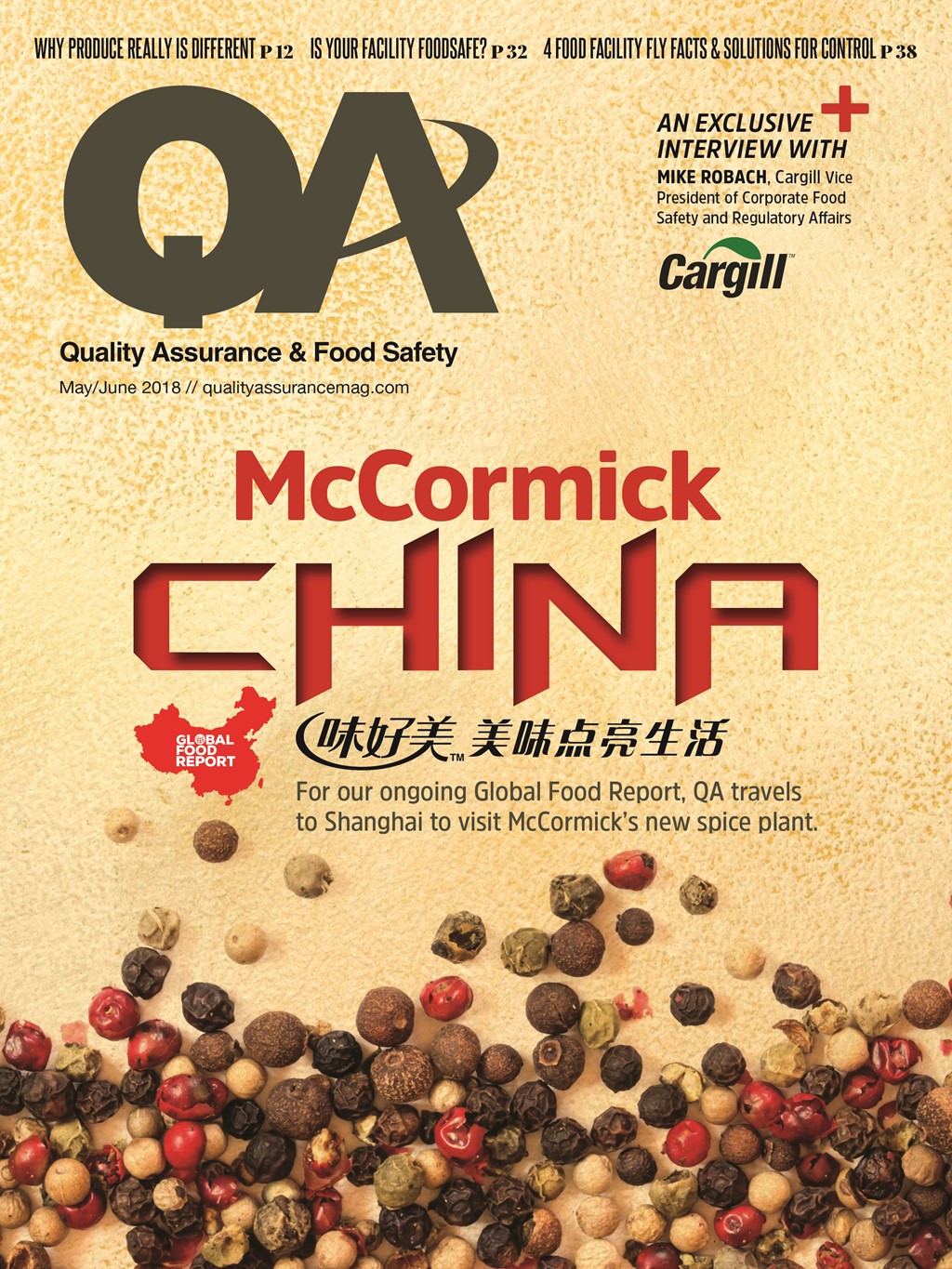
Explore the June 2018 Issue
Check out more from this issue and find you next story to read.
Latest from Quality Assurance & Food Safety
- Food Safety Summit Keynote Focuses on Food Safety Leadership
- FDA Publishes Landmark Final Rule to Enhance the Safety of Agricultural Water
- The Wendy's Company Reports 2023 Corporate Responsibility Progress
- Local Bounti Opens New Controlled Environment Agriculture Facility
- Tröegs Partners with Patagonia Provisions to Introduce Kernza Lager
- Neogen Launches New Molecular Method for Detection of Two Salmonella Serotypes
- Standard Meat Company Appoints Keith Blanks as Chief Commercial Officer
- USDA Finalizes Policy to Protect Consumers from Salmonella in Raw Breaded Stuffed Chicken Products

